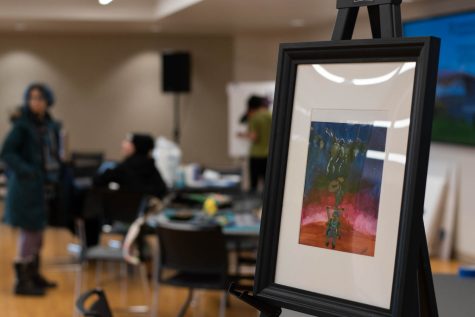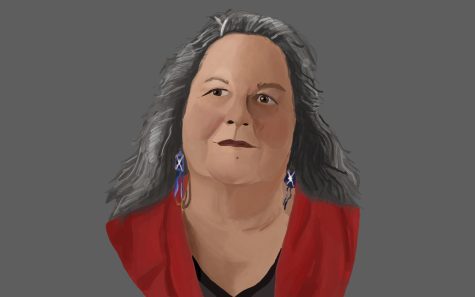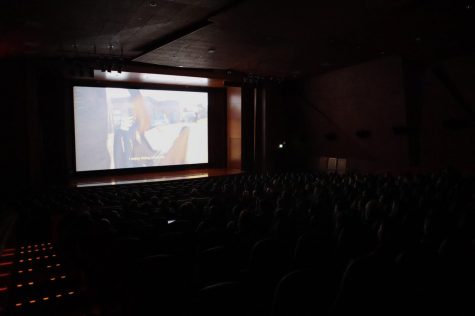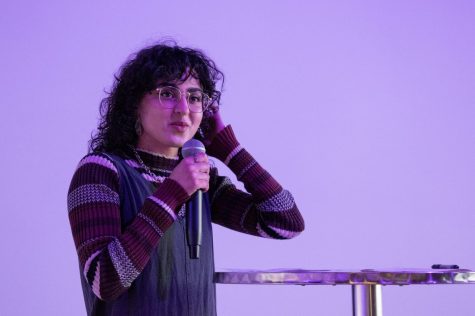‘Medea: Her Story’ debunks Greek myths
October 12, 2016
The University of Idaho (UI) Theatre Arts department presents a play written from a new perspective. “Medea: Her Story” is a narrative based on Greek mythology that portrays many accounts of the life of Medea.
Matthew Foss, assistant professor of theatre at UI, is one of the directors of this play and has enjoyed the process of trying to examine all the various retellings of this popular myth.
“We’re trying to speak with integrity, empathy and passion,” Foss said. “In rehearsal, we have gone through multiple revisions to make it as clear and concise as possible.”
Medea has been seen as a healer or a doctor, but as the myth persisted and she gained more power and eventually became a witch, Foss said.
Medea has been mostly portrayed negatively, as someone who murdered her children in order to get revenge on her husband who left her, Foss said.
This version was written by Euripides, and it has become the dominant re-telling of her story.Foss said Medea was trying to do the best she could while dealing with a lot at the time and Euripides removed the complexity of the love and power of Medea.
“We’re trying to re-inject the complexity that was written out by males,” Foss said.
Kelly Quinnett, head of performance professor at UI, is intrigued by playing the adult version of Medea’s character.
“I’m interested in looking at a character who is so judged and discounted,” Quinnett said, “and to actually see if I could bring her humanity to life in such a way that people would understand why that happened.”
Quinnett wants to challenge the audience on how and why they perceive and judge women, and bring them to consider how they can change this pattern, she said.
“Many women in Greek plays were either crazy or strong,” Quinnett said. “They were cursed and perceived as witches when they were actually powerful healers.”
The people involved in this play have all collaborated, researched and recreated a whole new version of the story, in attempt to expose everything about Medea, Quinnett said.
Quinnett hopes that through this journey, people will look at each other with compassion rather than fear.
“I don’t think anyone has seen a piece of theatre like this,” Quinnett said. “It’s breathtaking what went into this and that we are able to do this.”
“Medea: Her Story” will premiere at 7:30 on Thursday at the Hartung Theatre in Moscow. General admission is $15, but the performance is free for UI students.





















